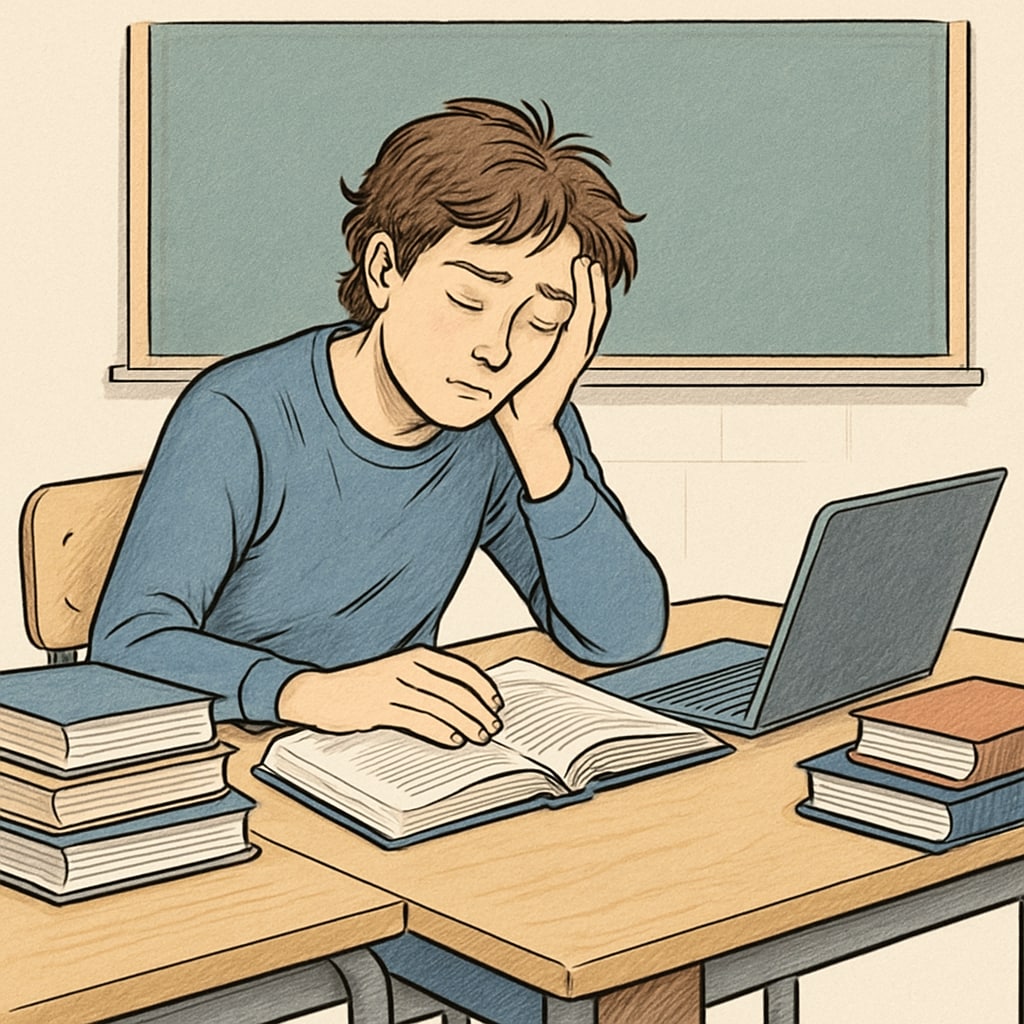For high school students, balancing part-time jobs and academics can be both an opportunity and a challenge. While part-time work helps teens earn their own money and gain responsibility, it can also impact their study time and academic performance. Parents play a key role in guiding their children through the decision of whether or not to take a job. This article explores the benefits and risks of student employment and offers actionable advice to help families find the right balance.

The Benefits of Part-Time Jobs for High School Students
Part-time jobs can offer high school students a range of benefits beyond just earning pocket money. These experiences can help build life skills and set the foundation for personal and professional development. Some notable benefits include:
- Financial Independence: Earning their own income gives teens a sense of responsibility and teaches them how to manage their finances, including saving and budgeting.
- Time Management: Juggling work and school encourages students to develop organizational skills and prioritize their responsibilities.
- Workplace Skills: Jobs provide opportunities to learn professional behaviors, communication, teamwork, and problem-solving abilities.
- Career Exploration: Early work experiences can help students discover their interests and identify potential career paths.
For example, a study conducted by the Encyclopaedia Britannica suggests that moderate work hours can positively contribute to a teenager’s personal growth by fostering maturity and discipline.
The Risks of Overcommitting to Work
While part-time jobs can be enriching, excessive work hours may lead to negative consequences, particularly for high school students. These risks include:
- Academic Decline: Spending too much time at work can interfere with homework, studying, and preparation for exams, leading to poorer academic performance.
- Fatigue and Stress: Balancing work, school, and extracurriculars may overwhelm students, affecting their mental and physical health.
- Social Life Impact: Tight schedules can reduce the time available for friends and family, potentially leading to feelings of isolation.
- Burnout: Prolonged overworking without breaks can result in exhaustion and decreased motivation for both work and school.
According to a report by Wikipedia, work-life balance is crucial for overall well-being, even for teenagers. Parents should remain vigilant to ensure their children do not overextend themselves.

Practical Tips for Parents: Helping Teens Find Balance
Parents can play an essential role in helping their teens balance part-time jobs and academics. Here are some practical tips to consider:
- Set Clear Priorities: Emphasize that schoolwork should remain the top priority. Discuss with your teen how they plan to allocate time to both work and studies.
- Limit Work Hours: Encourage part-time jobs with reasonable hours, such as 10–15 hours per week, to avoid interfering with school commitments.
- Monitor Progress: Regularly check in with your child to observe how they are coping with their responsibilities and whether any adjustments are needed.
- Encourage Breaks: Promote the importance of downtime for relaxation and mental health. Ensure they have time for hobbies and socializing.
- Lead by Example: Demonstrate good work-life balance yourself, as teens often model their behavior on parental examples.
Additionally, parents should openly communicate with their teens about the reasons for wanting a job, whether it’s for financial reasons, gaining skills, or simply exploring new experiences. This dialogue can help align expectations and ensure the decision serves the best interests of the student.
Conclusion: Striking the Right Balance
Balancing part-time jobs and academics is a complex but manageable task for high school students. With proper planning and parental guidance, teens can successfully navigate the challenges and enjoy the benefits of early employment. By setting realistic boundaries, monitoring progress, and ensuring sufficient time for study and relaxation, families can find a solution that supports both academic success and personal growth. Ultimately, every student is different, and the key lies in tailoring decisions to suit individual needs and circumstances.
By fostering open communication and creating a supportive environment, parents can empower their teens to make thoughtful choices about part-time work and its impact on their academic and personal lives.


